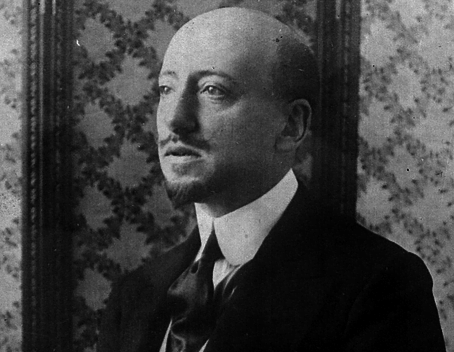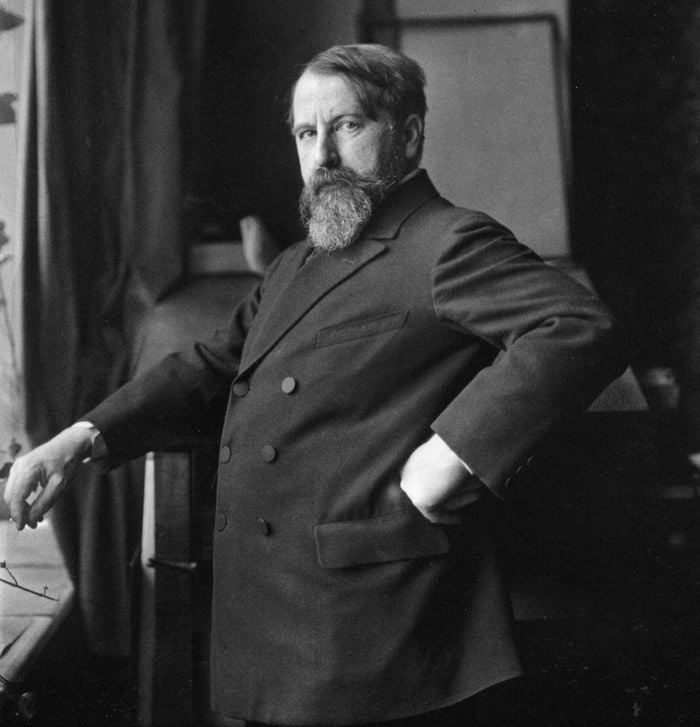Abou Hassan the Wag (Anonymous: ioth to 14th Century, A.D.)
The chief glory of Arabian prose literature is the celebrated collec-tion known to us as The Thousand and One Nights. Out of this volu-minous treasure store Abou Hassan the Wag has been chosen as an example of one of the numerous types of story to be found in it. This tale is rich in Oriental colour, furnishing as it does the humorous details of that craftiness which the Arab delights in—at least in the stories he tells and listens to. The story is among the best of the Nights.
The present version is translated by Edward William Lane, whose edition was first published in London in 1839. It is from the 271st to the 290th Night (Breslau ed.). The complete title is The Story of Abou Hassart the Wag, or The Sleeper Awakened.
The Story of Abou Hassan the Wag or the Sleeper Awakened (From the Thousand and One Nights)
There was a merchant of Bagdad in the reign of the Caliph Haroun Alrashid, and he had a son named Abou Hassan the Wag. And this merchant died, leaving to his son his vast wealth; whereupon Abou Hassan divided his property into two equal portions, one of which he laid aside, and of the other he expended. He took as his familiar friends a number of the sons of the merchants, and others, and gave himself up to the delights of good drinking and good eating, until all the wealth that he had appropriated to this purpose was consumed.
And upon this he repaired to his associates, and relations, and boon- companions, and exposed to them his case, showing them how little property remained in his possession; but none of them paid any regard to him, or uttered a word in reply. So he returned 1o his mother with a broken heart, and told her of the treatment that he had experienced from his associates, that they would neither do him justice nor even reply to him. But she said, O Abou Hassan, thus are the sons of this age: as long as thou hast anything, they draw thee near to them; and when thou hast nothing, they cast thee off.. She was grieved for him, and he sighed and wept.
He then sprang up, and went to the place in which was deposited the other half of his wealth, and upon this he lived agreeably. He took an oath that he would not thenceforth associate with any one of those whom he knew, but only with the stranger, and that he would not associate with any person but for one night, and on the following morning would not recognize him. Accordingly, every night he went forth and seated himself on the bridge, and when a stranger passed by him, he invited him to an entertainment, and took him to his house, where he caroused with him that night, until the morning: he then dismissed him; and after that he would not salute him if he saw him.
Read More about The Hero part 1








